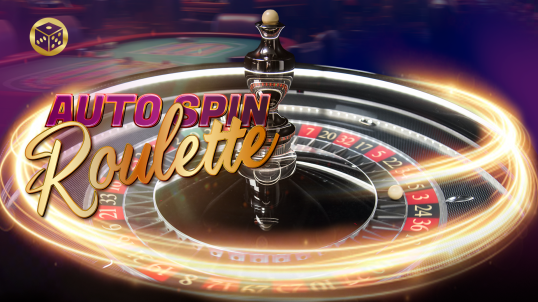If you’re a fan of roulette, no doubt you’ve spotted some interesting body language coming from your dealer now and then. Maybe you instinctively picked it up, or maybe it stumped you while in the middle of a game. Avoid moments like that by studying up on all the subtle, signature moves that a dealer might pull while they are playing with you.
Where did roulette come from?
The 18th-century French mathematician and inventor Blaise Pascal created the “little wheel,” or roulette when he was working on a perpetual motion system. Despite its failure, Pascal’s machine served as the model for the roulette wheel. The game that was originally played in casinos in Paris in the late 1700s is very similar to the form of roulette that is played today. It had two zeros: a single zero (0) and a double zero (00), both of which are still seen in the game’s American adaptation.
There are two main variants of roulette: European and American. The American edition has a double zero in addition to the single zero found in the European version. Because of its reduced house edge, players often believe the European version to be more favourable. The roulette wheel is typically divided into 37 (in European) or 38 (in American) numbered pockets, coloured alternately in red and black. The single zero (or double zero) is green. The numbers on the wheel range from 1 to 36 and the order of the numbers is designed to maximize randomness.
How is the roulette dealer involved?
Another term for a roulette dealer is a “croupier.” The term “croupier,” which originally referred to the person who stood behind a gambler with their cash reserves, is also used to refer to any employee of a casino who runs a gambling table.
Over the years, numerous betting strategies and systems have been developed to try to gain an edge in roulette. Some of the most famous strategies include the Martingale, Fibonacci, and the James Bond strategy. However, it’s essential to understand that roulette is fundamentally a game of chance, and no strategy can guarantee consistent wins. This approach to lore has even infiltrated roulette dealers, who use signals rather than words to communicate to the player, although importantly, it is never used to cheat.
With the rise of online casinos, roulette has become more accessible than ever. Online versions of the game offer various features and variations, allowing players to enjoy roulette from the comfort of their own homes. Live dealer editions of roulette allow the player a more immersive roulette experience in their own home, complete with a live roulette dealer.
According to Gambling Commission statistics, 44% of the UK population participates in gambling every month, and 26% of people take part in online gambling. Roulette is the second most popular online casino game with 13% of players, making for a large market.
So what does a roulette dealer contribute if it’s not to help the player cheat? Here are some of the subtle tricks to watch out for:
The Hold
One common dealer trick is the hold, where the dealer waits to release the ball until the wheel slows down. This allows them to better predict where the ball will land. Pay attention to when the dealer releases the ball each spin.
The Sleight Release
Skilled dealers can release the ball with a slight hand motion that influences the direction or speed of the ball. Watch closely as they release to see if the motion looks unnatural. An experienced dealer may try to get the ball to land in a certain sector.
The Visual Distraction
Roulette dealers may engage in friendly chatter or otherwise create a visual distraction right before releasing the ball. This covers any sleight of hand manoeuvres. Don’t let yourself get distracted when the wheel is in motion.
Changing Rhythms
Watch for a roulette dealer who is intentionally changing up the rhythm of their ball release. By mixing up a predictable rhythm, they make it harder for players to synchronize their betting. Take note if the dealer seems to intentionally vary their timing.
The Stringent Table Rules
A roulette dealer often enforces stringent table rules like the no-call no no-spin rule to protect these tricks. For example, they may not allow bets after the ball drops. Strict rules limit players’ ability to counteract dealer tricks. Know the house rules beforehand.
Conclusion
While a roulette dealer won’t cheat, being aware of their signature moves can help you avoid falling into traps. Stay focused on the wheel, pay attention to timing, and don’t let friendly chatter distract you from making smart bets. Knowing the tricks is key to getting good odds.
















